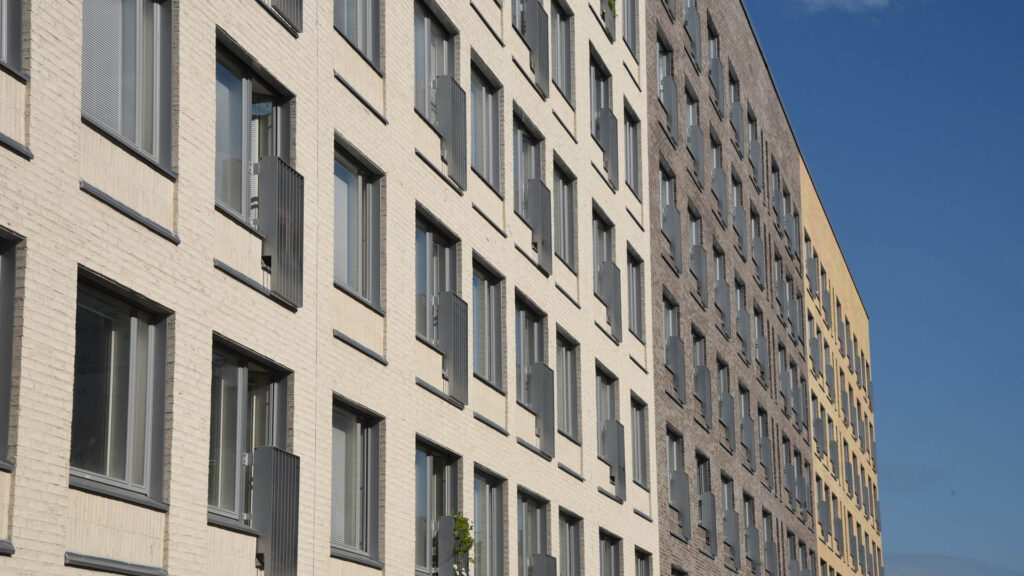The report of the study group set up by the Ministry of the Environment in the fall of 2023 on the development possibilities of state housing production and the role of the State Housing Fund (VAR) was announced on March 12. The group identified several development needs and proposed reforms. However, the group did not propose a new model to replace the right-of-occupancy apartments, because the time allotted for the survey work was not enough to develop the model.

The ARA system plays an important role as part of the housing support system, but its functionality should be improved. In its report, the working group identified, among other things, problems in the financing of state housing production and the ability to act as a balancer of business cycles. The working group emphasized sustainability and predictability as a key instrument of housing policy.
The countercyclical role of state-supported housing production has not been successful in recent years. In the future, it should be ensured that ARA production can be flexibly phased in such a way that in a high economic cycle, in addition to the relative share of ARA, its absolute production quantity also decreases and increases in a low economic cycle.
The most important task of state-supported housing production is to provide housing for those groups for whom it is difficult to find housing on the market, such as special groups and people with the lowest incomes. The study group considered tenant selection to be an important way to guide the allocation of subsidized rental apartments, but did not consider switching to fixed-term leases justified, but instead the possible tiering of rents according to income, especially in higher income categories.
Combating segregation is one of the central tasks of subsidized production. The report states that ARA housing production can either curb or accelerate segregation. The group proposed new measures to control the development of segregation.
The report also identified other public support that causes costs. In addition to the state, municipalities also support housing, for example by granting land rents that are cheaper than the market price. Through their own zoning and building permit practices, municipalities influence the costs of residential construction in both freely funded and subsidized production, where these directly affect cost rents.
The report also assesses the risks posed to the state by public housing production, the most significant of which are interest and guarantee liability risks. The probability of realization of the guarantee liability is estimated to be small, but the individual amounts can be significant if realized.
In the fall of 2023, the Ministry of the Environment appointed a research group to investigate the development possibilities of state-supported housing production and the role of the state housing fund (VAR). The task of the study group was to assess the significance and development needs of state-supported housing production, to assess the purpose of the State Housing Fund (VAR) and to identify the indirect subsidies and size categories for society-supported housing production.
The study group was chaired by a Doctor of Economics Markus Lahtinen. Other members included Ph.D Essi Eerola, Doctor of Technology Matti Kuronen and Professor of Sociology Hannu Ruonavaara. The team was supported by a secretariat consisting of an official from the Ministry of the Environment: a special expert Mikko Friipyöli, legislative advisor Anu Karjalainen and leading expert Eva Alho. Construction and housing industry operators, municipalities and other stakeholders have been extensively consulted in the work.
In its task, the group heard extensively from operators in the construction and housing industry, the municipal field and other stakeholders.